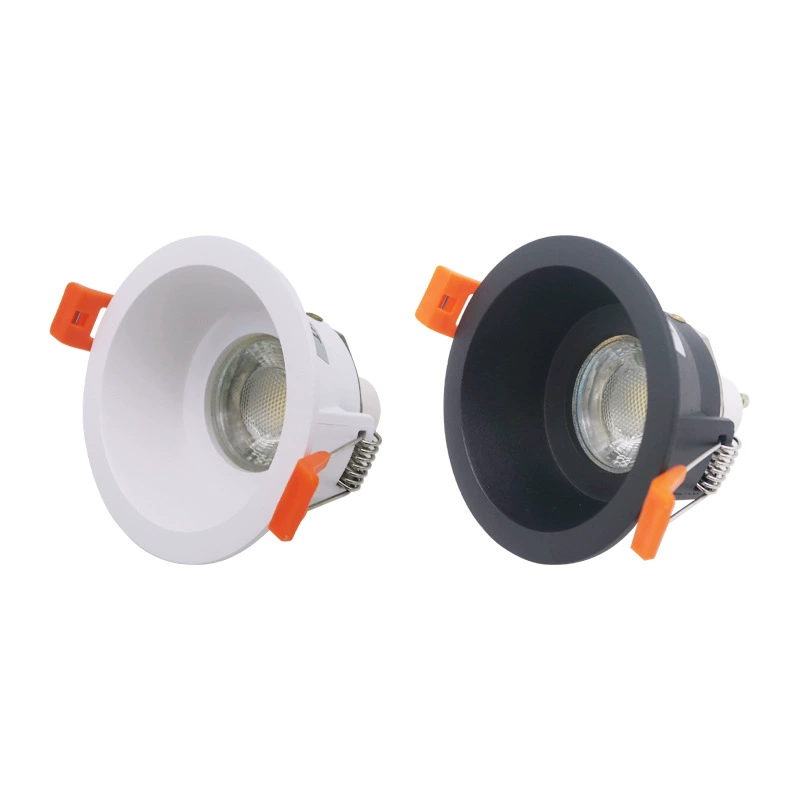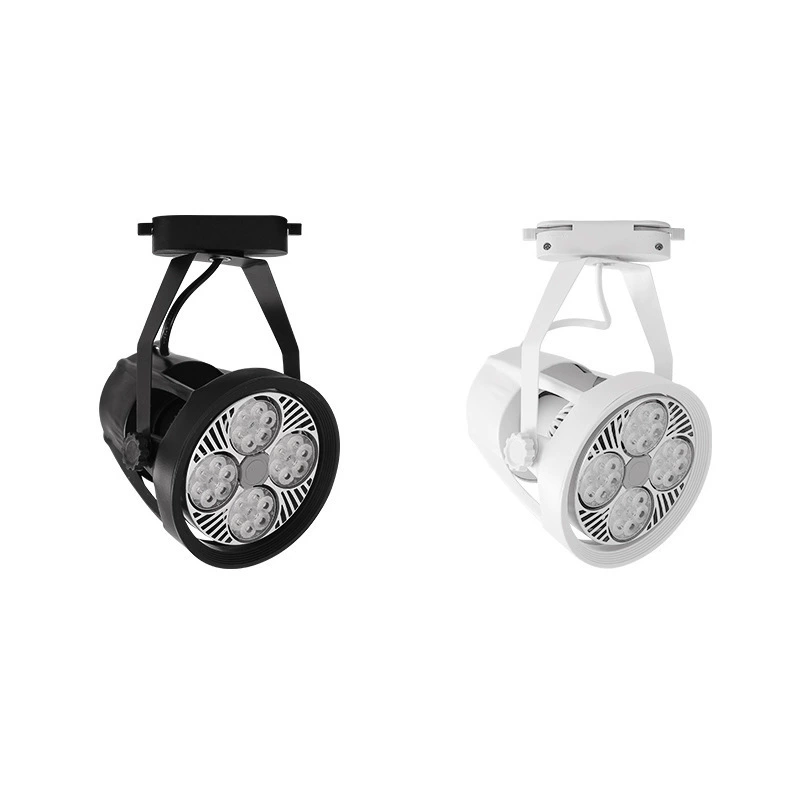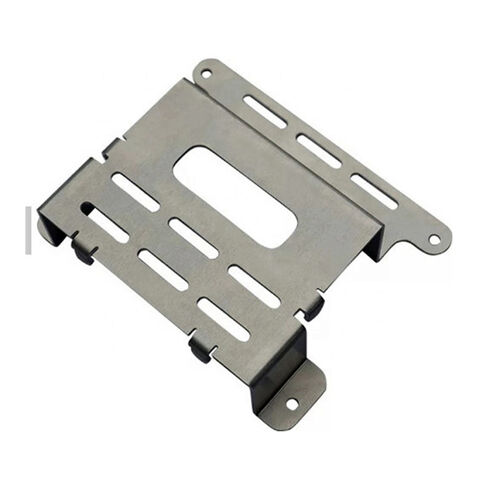Are you in the custom machining industry and wondering if First Article Inspection (FAI) is worth the investment?
In high-stakes sectors like aerospace, automotive, and medical devices, ensuring that each part meets design specifications is crucial.
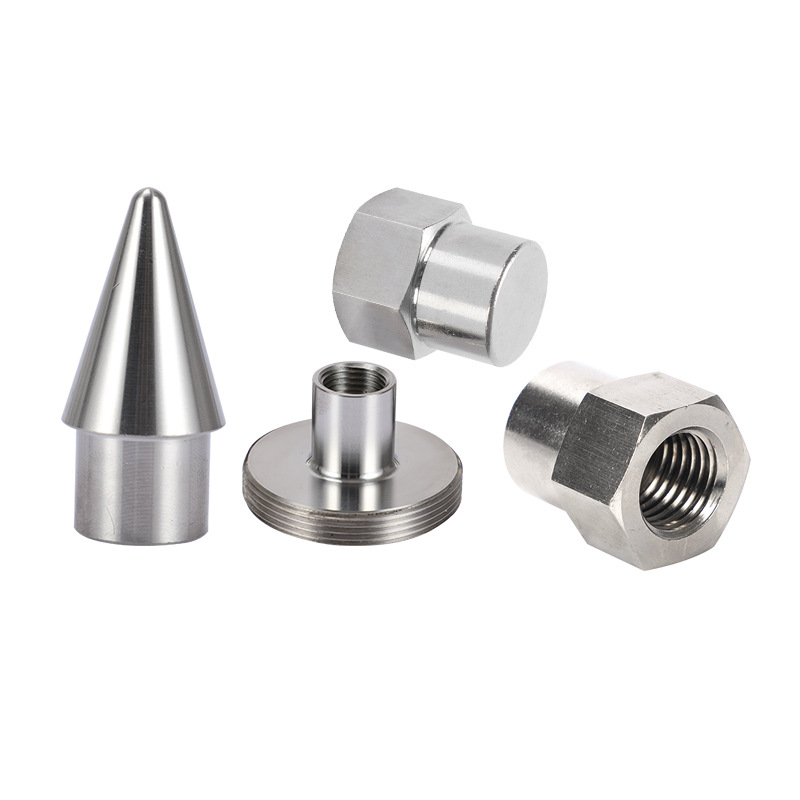
Errors can lead to costly rework, delays, or even product failures.
FAI serves as a critical safeguard, verifying that the manufacturing process can consistently produce parts that meet the required standards.
This article explores the significance of FAI in quality control, outlines the step-by-step inspection process, and discusses relevant industry standards such as AS9102.
By the end, you’ll understand why FAI is not just a checklist item, but a vital practice that supports quality assurance in custom machining.
-
Table Of Contents
-
1. Is First Article Inspection (FAI) Essential for Quality in Custom Machining?
-
2. What Exactly Is First Article Inspection (FAI)?
-
3. Why Is First Article Inspection a Game-Changer?
-
4. Does AS9100 Mandate First Article Inspection?
-
5. Understanding the AS9102 First Article Inspection Requirement
-
6. Step-by-Step Guide to Conducting an FAI
-
7. Industry Standards and Certifications Related to FAI
-
8. Summary

What Exactly Is First Article Inspection (FAI)?
First Article Inspection (FAI) is a quality control process that involves a thorough inspection of the first part or batch of parts produced in a new or modified manufacturing process.
The goal is to ensure that the part complies with all design specifications before moving on to mass production. This is especially important in industries where precision is non-negotiable.
Key objectives of FAI include:
• Design Verification: Confirming that the part matches specified dimensions, tolerances, and materials.
• Process Validation: Ensuring the manufacturing process can consistently produce high-quality parts.
• Risk Mitigation: Identifying potential issues early to prevent costly rework, scrap, or product failures.
In essence, FAI acts as a quality assurance checkpoint, allowing manufacturers to catch problems before they escalate.

Why Is First Article Inspection a Game-Changer?
The importance of FAI can’t be overstated, particularly in precision-driven industries. Here are several compelling reasons why FAI should be part of your quality control strategy:
1. Early Problem Detection: FAI allows manufacturers to spot issues with the first part produced, enabling corrective actions before a full production run begins. This saves time, money, and valuable resources.
2. Customer Assurance: FAI offers peace of mind for buyers, demonstrating that the manufacturer is committed to quality before mass production starts. This builds trust and confidence in the supplier.
3. Regulatory Compliance: In industries like aerospace and defence, meeting strict regulations is mandatory. FAI helps ensure compliance with standards like AS9100, preventing delays and non-conformance issues.
4. Cost Efficiency: Identifying defects early can significantly reduce costs associated with reworking or scrapping defective parts. This is particularly crucial in industries where material and labor costs are high.
5. Risk Reduction: In sectors such as aerospace, where part failure can have catastrophic consequences, FAI mitigates risks by ensuring that parts are produced to the exact specifications required for safety and reliability.
6. Enhanced Quality Control: Beyond verifying the part, FAI evaluates the overall manufacturing process, highlighting areas for improvement and fostering a culture of continuous quality enhancement.

Does AS9100 Mandate First Article Inspection?
Yes, AS9100—the quality management standard widely adopted in the aerospace sector—explicitly requires FAI as part of its quality assurance protocols. This standard ensures that all components manufactured in the aerospace industry meet stringent safety and performance benchmarks.
According to AS9100 Rev D, FAI is required for new parts or changes to production processes or facilities. This requirement aims to validate manufacturing processes and catch potential issues before full-scale production begins.
FAI must be conducted once the design is finalized and production tooling, processes, and workforce are established. This means no large production runs can commence until FAI confirms that all processes and outputs align with the approved design.
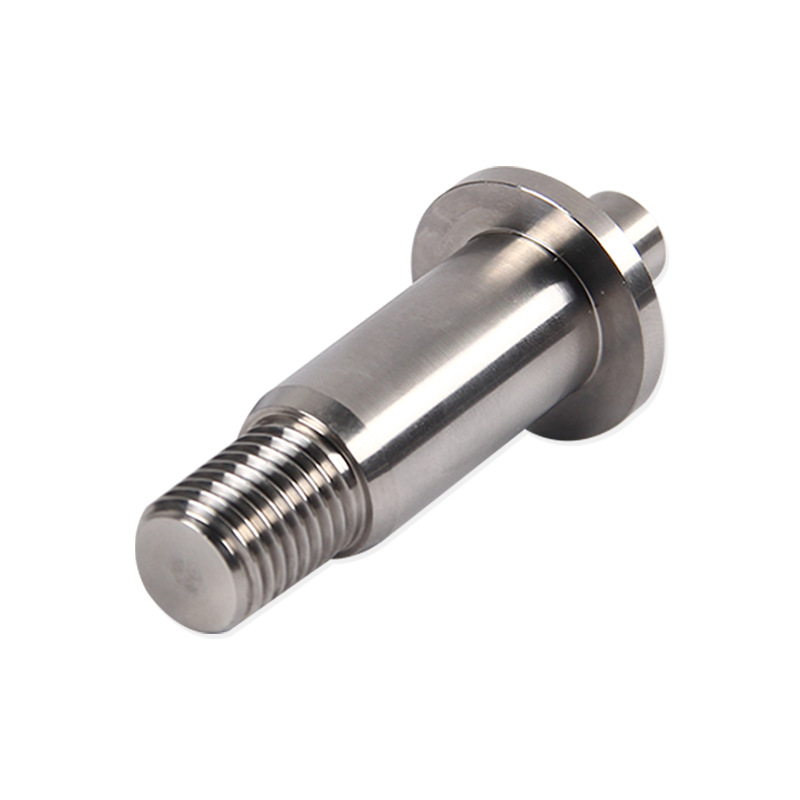
Understanding the AS9102 First Article Inspection Requirement
The AS9102 standard, specifically tailored for the aerospace and defense sectors, provides a structured framework for FAI. It outlines a standardized format for documenting the results, ensuring that all inspected parts meet the necessary requirements.
The AS9102 FAI process consists of three key forms:
1. Part Number Accountability: Verifies that the correct part, including all sub-assemblies, has been inspected and accurately documented.
2. Product Accountability: Confirms that all materials and special processes meet design specifications, ensuring the correct alloys or treatments are used.
3. Characteristic Accountability: This section documents every design characteristic of the part, including dimensions, materials, and tolerances. Each characteristic is measured to ensure compliance with design documentation.
In certain cases, Partial FAIs may be needed if aspects of the design or manufacturing process change.
A partial FAI focuses on validating only the modified characteristics while relying on previous FAI results for unchanged features.

Step-by-Step Guide to Conducting an FAI
Implementing a First Article Inspection involves a systematic approach. Here’s how to conduct FAI effectively in custom machining:
1. Preparation: Select the first article for inspection, ensuring it is produced under standard conditions using the same machinery, materials, and processes.
2. Documentation Review: Before inspection, review engineering drawings and design documentation to ensure all specifications, dimensions, and tolerances are understood.
3. Dimensional Inspection: Inspect every specified dimension using advanced metrology tools like coordinate measuring machines (CMM) for high accuracy.
4. Material Verification: Ensure the correct materials specified in the design documentation are used.
5. Inspect Special Processes: Verify any unique processes like heat treatment or coating to ensure they meet specifications.
6. Create the First Article Inspection Report (FAIR): Document all findings using AS9102 forms, which serve as the official record of the FAI process.
7. Submit for Approval: Once the FAIR is completed, submit it for review. Approval signals that mass production can begin; if there are non-conformances, the production process must be adjusted, and FAI may need to be repeated.
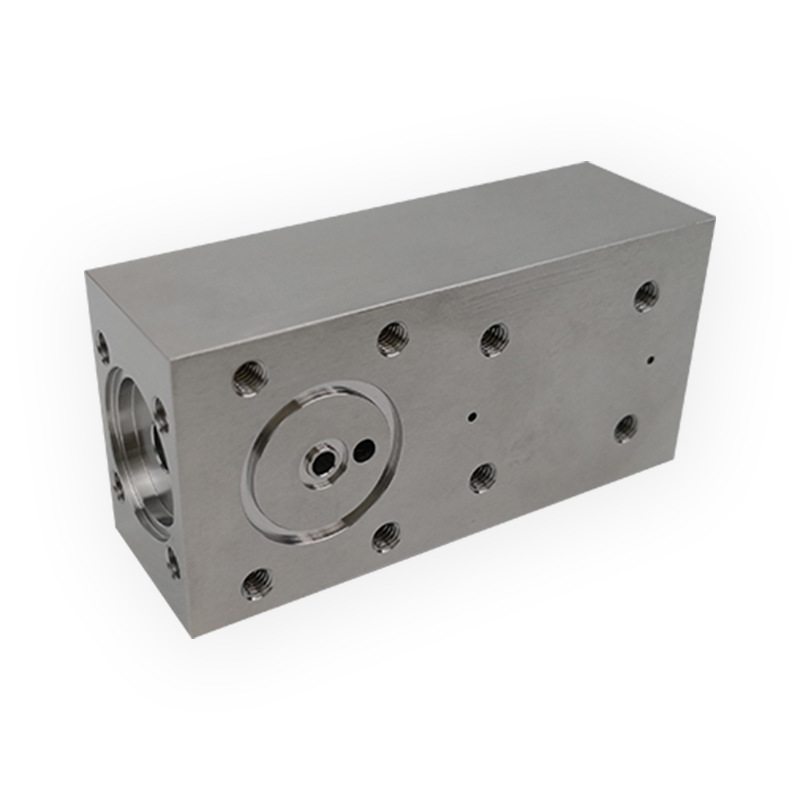
Industry Standards and Certifications Related to FAI
Beyond AS9102, other standards and certifications are relevant to FAI in custom machining, including:
• ISO 9001: While it doesn’t mandate FAI, it is commonly part of quality control in ISO-certified environments, demonstrating process control and product conformity.
• PPAP (Production Part Approval Process): Often used in the automotive industry, PPAP shares similarities with FAI, ensuring that all customer specifications are met before mass production.
• NADCAP (National Aerospace and Defense Contractors Accreditation Program): Required for aerospace manufacturers, NADCAP involves strict quality control guidelines, including FAI procedures.

Conclusion
In the competitive world of custom machining, First Article Inspection (FAI) is more than just a procedural step—it’s an essential practice that safeguards quality and enhances customer satisfaction.
Whether you’re producing specialized parts for aerospace, automotive, or medical applications, FAI confirms that your production process can consistently deliver components that meet all requirements.





